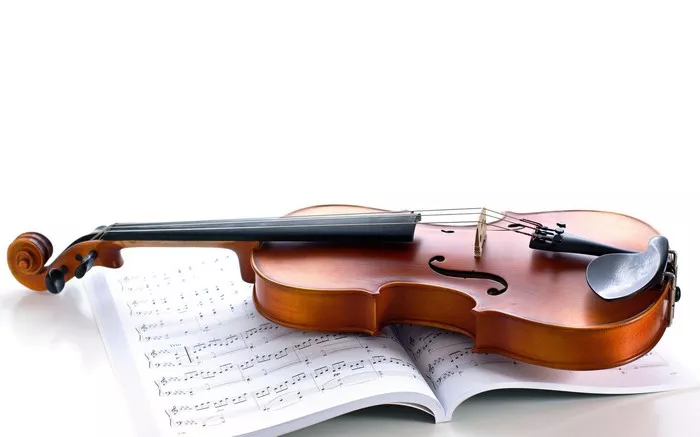The world of music is a delicate balance between artistry and technicality, where every nuance can make a significant difference. For violinists, one often-overlooked factor that plays a crucial role in producing a rich and resonant sound is the quality of rosin used on the bow. However, a common question that arises among musicians is whether violin rosin can go bad over time. In this article, we will explore the intricate details of rosin composition, its shelf life, and the impact it can have on your musical performance.
Understanding Rosin Composition
Before delving into the potential expiration of rosin, it’s essential to understand what rosin is and how it functions in the context of playing the violin. Rosin is a natural resin derived from pine trees or other coniferous plants. It is the sticky substance applied to the bow’s horsehair, creating the necessary friction to produce sound when drawn across the violin strings.
Rosin is composed of a delicate balance of resin and waxes. The resin provides the necessary grip on the strings, while the waxes contribute to the overall adhesion of the rosin to the bow. This combination is carefully formulated to enhance the bow’s ability to generate sound, and any alterations in this balance could impact its effectiveness.
Does Rosin Have a Shelf Life?
The question of whether violin rosin has a shelf life is a common concern for musicians who may have owned a particular cake of rosin for an extended period. The good news is that rosin, when stored properly, has a relatively long shelf life. However, its effectiveness can be influenced by various factors.
Environmental Factors
The environment in which rosin is stored can significantly affect its longevity. Extreme temperatures, humidity, and exposure to direct sunlight can alter the composition of rosin over time. For optimal results, it is recommended to store rosin in a cool, dry place, away from direct sunlight. Airtight containers or the original packaging can help protect rosin from environmental factors.
Changes in Texture
One noticeable indicator of aging rosin is a change in texture. Fresh rosin typically has a smooth and slightly glossy appearance. Over time, exposure to air and environmental factors may cause the rosin to become brittle, crumbly, or excessively sticky. If you notice a significant change in the texture of your rosin, it may be an indication that its effectiveness has been compromised.
Impact on Sound Quality
The ultimate concern for violinists is the impact of expired rosin on the sound quality produced. While rosin that has undergone some changes in texture may still be usable, it might not produce the same resonance and clarity as fresh rosin. Musicians often describe the sound produced by aged rosin as dull or scratchy, lacking the warmth and depth achievable with a well-maintained rosin cake.
Ensuring Optimal Rosin Performance
To ensure the longevity and effectiveness of your violin rosin, consider the following tips:
1. Store in a Controlled Environment: Keep your rosin in a cool, dry place away from extreme temperatures and direct sunlight.
2. Clean Your Bow: Regularly clean your bow to remove excess rosin buildup. This not only improves the sound quality but also prolongs the life of your rosin.
3. Rotate Your Rosin: If you own multiple cakes of rosin, rotate their use periodically. This prevents one cake from aging too quickly due to constant use.
4. Inspect Regularly: Take a moment to inspect your rosin for any noticeable changes in texture. If you observe significant alterations, it may be time to consider replacing it.
See Also: The Art of Stringing a Violin with Fine Tuners: A Full Guide
Conclusion
In conclusion, while violin rosin does have a shelf life influenced by environmental factors, it is not as perishable as some may believe. By understanding the composition of rosin and taking proactive measures to store it properly, musicians can ensure that their rosin maintains its effectiveness over time. Regular inspection, cleaning, and rotation of rosin cakes are key practices in preserving the quality of this essential component of the violinist’s toolkit. So, the next time you reach for your bow, remember that a well-maintained rosin can contribute significantly to the beauty and expressiveness of your musical performance.


